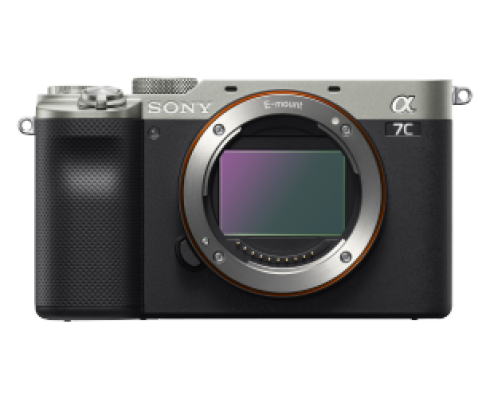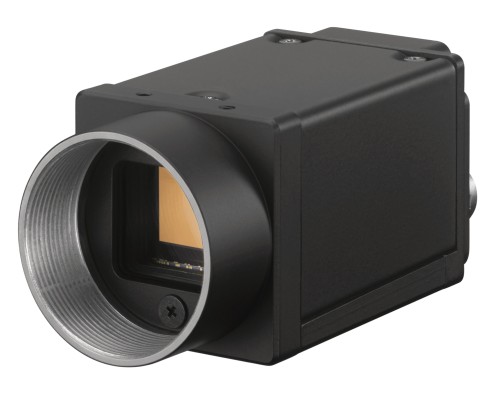
Sony Alpha camera supported by Sony SDK (Software Development Kit)

Sony Alpha camera supported by Sony SDK (Software Development Kit)

Digital Video Camera using various interfaces (USB, Gigabit Ethernet, Camera link)
Machine vision - SCHOTT AG lenses
7th September 2014:
The overall performance of a camera depends on both the quality and harmony of its components. Incremental improvements in performance rely on matched advancement. An increase in the sophistication of sensor technology doesn’t mean much to end image quality unless that sensor has a compatible lens.
The truth is that the development of sensor capability in recent years has outmatched that of lenses.
Demand on optics in machine vision is greater than ever before, and while sensors have grown in size and sophistication on industrial cameras, enabling higher resolution and greater contrast, the development of lenses required to deliver the light onto the new, larger sensors has not matched that growth.
The net result of this is that sensors in industrial cameras don’t often have the lenses they need to perform optimally and this limits the performance of the camera.
Typically the result of this mismatch is a good image in the middle of the sensor but not at the edges. This is fine for consumer cameras and phones, but in machine vision a lack of image quality on an edge impairs the overall performance by impacting on image capture, shape recognition and other aspects of the process. This will compromise the capability of the system and so not only negate the increase in sensor size but potentially impact upon the integrity of the system to function. Consequentially, until recently, industrial cameras will work better with smaller sensors that have an equivalent lens.
Of course larger sensors mean a greater pixel count and higher resolution, which is desirable in any camera. This brings immediate benefits in machine vision: a broader field of view, greater input for already under-stretched processors and higher throughput due to the increased resolution. Whilst the likes of Sony have been producing large sensors in their industrial camera modules for some time, they have yet to impact on the industry with their full potential because existing lenses lacked the capacity to make full use of the sensor.
This has been finally addressed by lens manufacturer SCHOTT AG. This German company has produced a range of lenses specially made for large format, high resolution such as the Sony XCL range.
Matthias Endig of SCHOTT AG, said, “The field of machine vision contains some really interesting technology. In this space, where traditional camera tech meets real time image processing and robotics, we saw an opportunity to make an impact. We needed a camera to push our lenses to the limit and similarly Sony needed a lens to push their camera to the limit. We worked with Sony to test, develop and establish the compatibility of our respective components and we were all very pleased with the results. We considered working with some other camera manufactures but we prefer to work with the best, so Sony was an obvious choice. ”
Arnaud Destruels, Product Marketing Manager at Sony Image Sensing Solutions, Europe, agrees with Matthias’ analysis: “We were very interested when SCHOTT approached us. After extensive testing we can confirm that the Sony ISS ecosystem is set to grow with these new, high-end lenses from SCHOTT, which match the sensor size of the new generation of Sony XCL high resolution cameras and will increase their functionality.”
Applications for these new, higher specification cameras will result in more efficient machine vision across production lines and in traffic systems.
For more information see http://www.image-sensing-solutions.eu for more details.
For further editorial information, please contact:
Frank Grimshaw, Publitek
+44 (0) 1225 470000 / frank.grimshaw [at] publitek.com /
For further product and sales information, please contact:
Matthew Swinney, senior marketing manager, Sony Image Sensing Solutions.
Tel. +44 (0) 1932 817406 / fax +44 (0) 1932 817314 / email: matthew.swinney@eu.sony.com